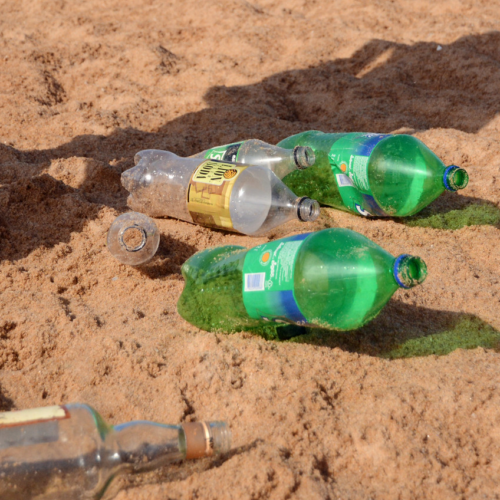As the fourth most populous nation in the world with a massive coastal population across 18,000 islands, it is not surprising that Indonesia is the world’s second largest contributor to ocean plastic pollution, generating as much as 1.29 million metric tons of plastic waste annually. The Government of Indonesia is currently pursuing national-level strategies and policies for solid waste management and is implementing a national action plan to address ocean plastic pollution. However, local governments often lack the funding needed to implement city-level solid waste management.
Through the Municipal Waste Recycling Program (MWRP) and a partnership with Circulate Capital, USAID is working to develop and scale up effective urban coastal recycling initiatives. Across the country, USAID is building on the successful bank sampah, or waste bank approach, an innovative system through which families and individuals can open a savings account and earn income through waste collection and recycling activities. USAID also provides technical assistance to increase citywide recycling coverage.
Through a partnership with impact investor Circulate Capital, USAID is also supporting the first ever portfolio of investments dedicated to the ocean plastic crisis in South and Southeast Asia. In collaboration with USAID, the US International Development Finance Corporation is providing a 50% guarantee for Circulate Capital’s investment in Tridi Oasis, a Jakarta-based, female-led company specializing in recycling PET bottles into rPET flakes.
Projects
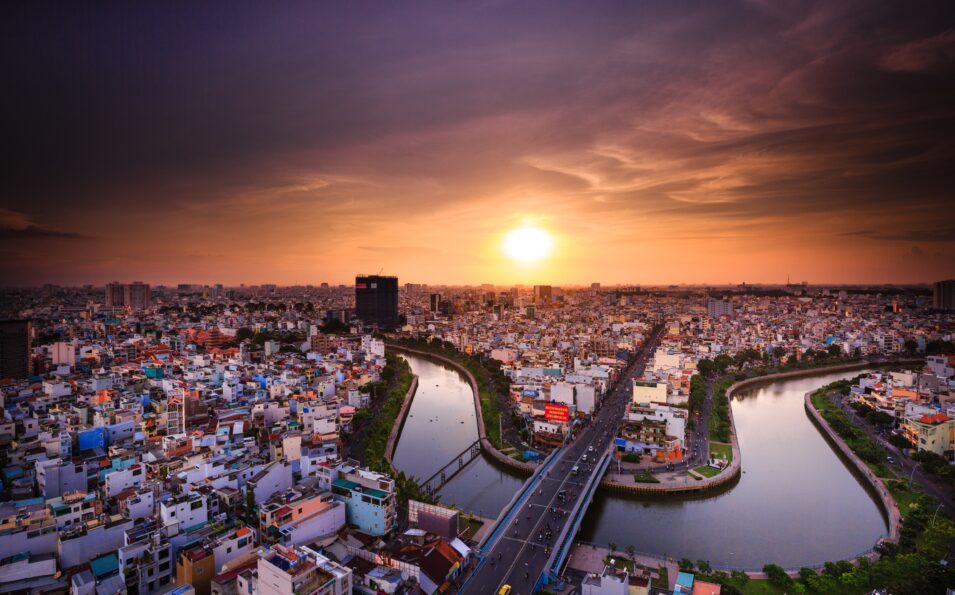
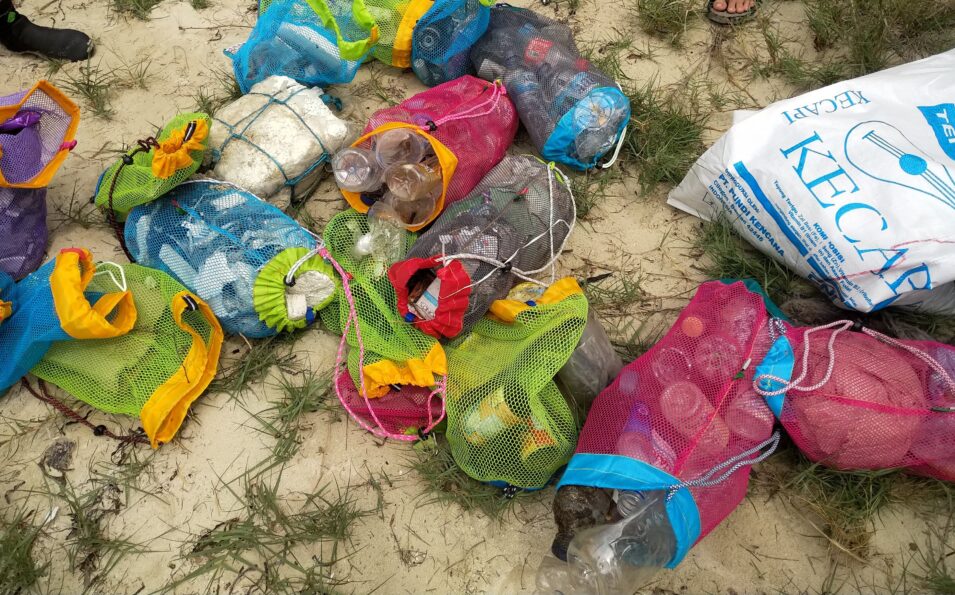
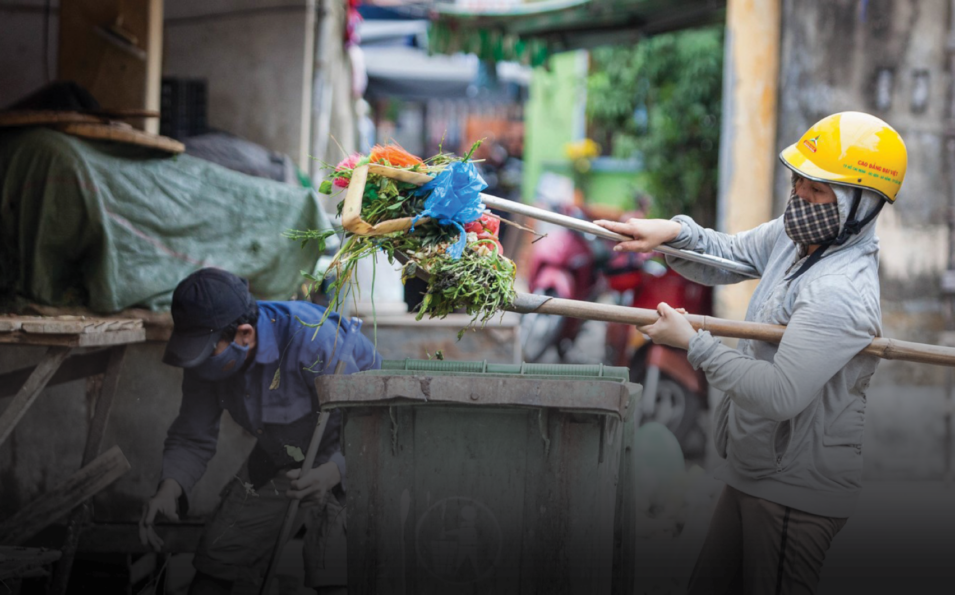
Key Resources
View all ResourcesMunicipal Waste Recycling Program (MWRP) – Indonesia Country Profile
MRWP Indonesia: Save Our Small Islands
MWRP Indonesia: Strengthening Local Government Coordination and Capacity in Best Waste Management Practices in South Sulawesi Province
MWRP Indonesia: Tech for Ocean Plastic Prevention and Expanded Recycling (T.O.P.P.E.R.)
Insights & Updates

USAID MWRP Video Updates: Misool Foundation, Indonesia
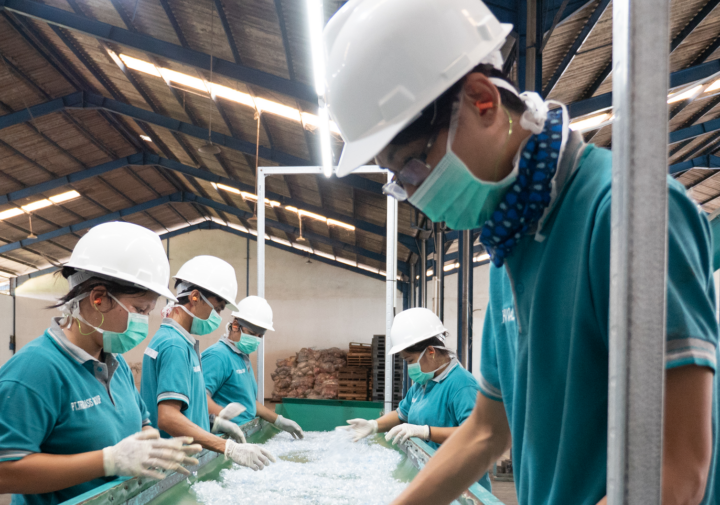
USAID Partner Circulate Capital Announces Inaugural Investments in India and Indonesia
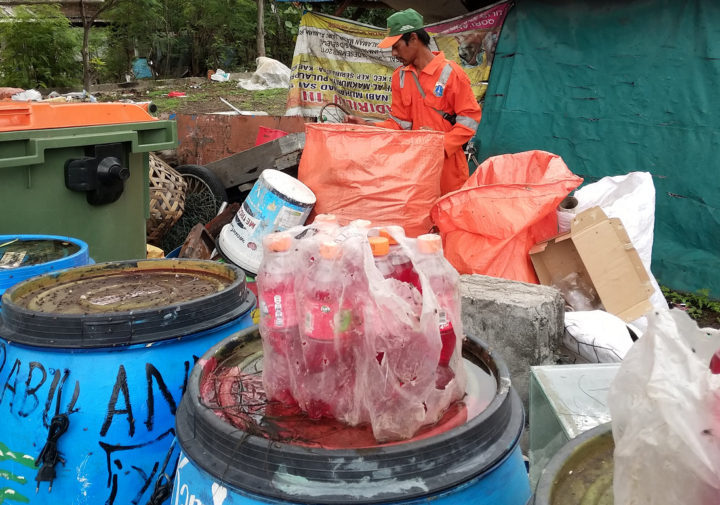
A Plastic Wrapped Life
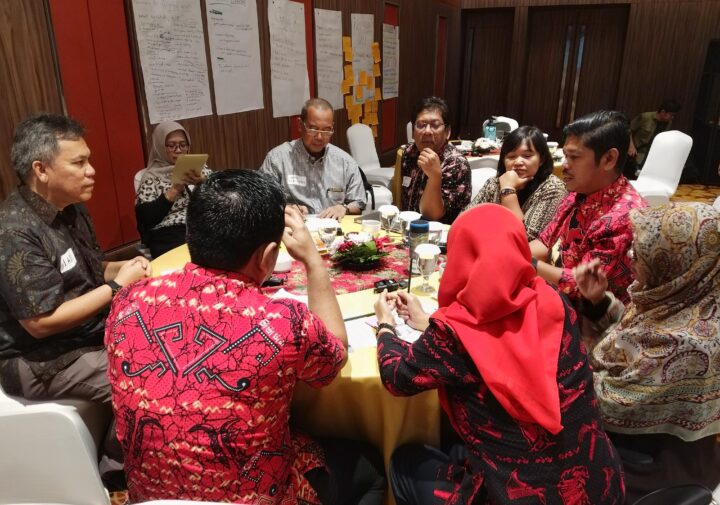
Collaboration in Indonesia to Combat Ocean Plastic
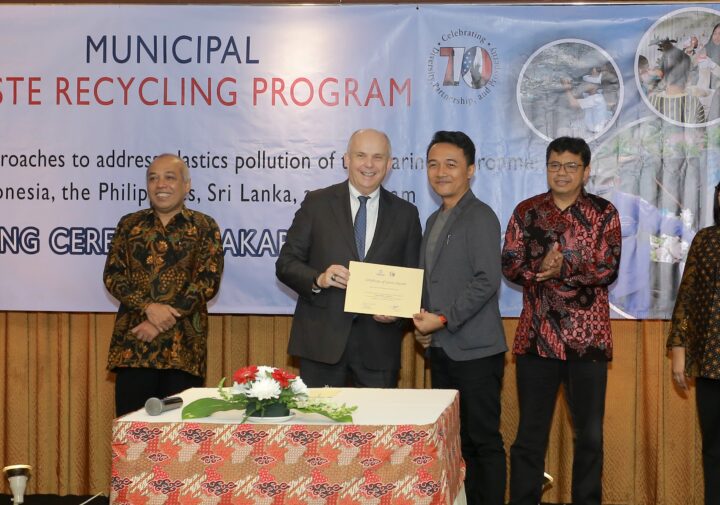
Indonesian Foundation Working to Reduce Ocean Plastic Pollution Wins Google.org Support
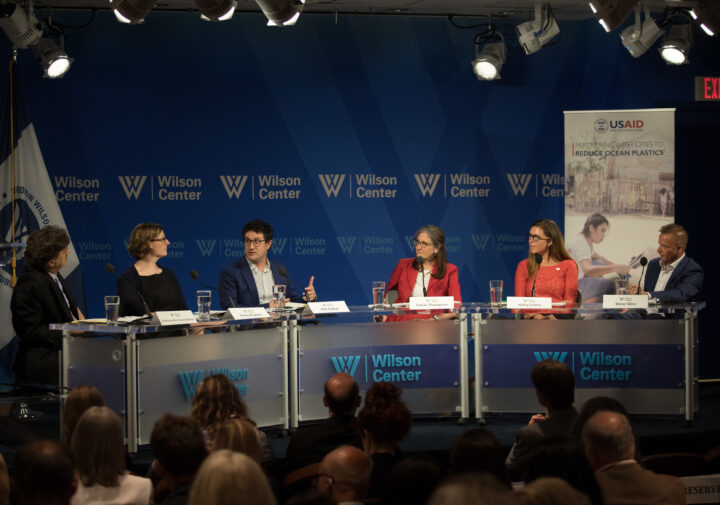
Blended Finance Partnership to Combat Ocean Plastic Pollution
Sign up for the USAID Ocean Plastics Newsletter
Subscribe